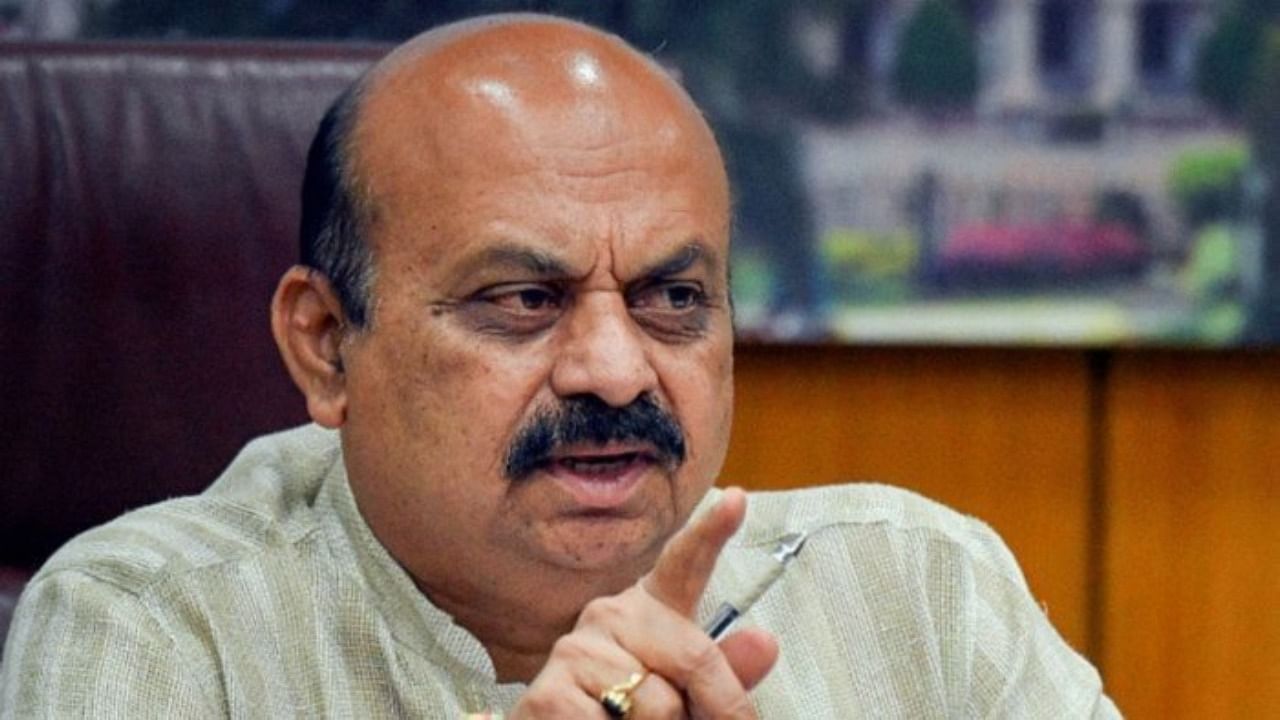
The Bommai administration is drafting a law to give statutory backing to the ambitious Kutumba project under which a social registry of all households comprising citizen data is being created.
The government has roped in thinktank Vidhi Centre for Legal Policy to draft a bill for Kutumba.
Technology and data researchers have their fingers crossed, hoping that the proposed law would have enough safeguards for citizen data.
Under Kutumba, a unique identification has been assigned to 5.5 crore citizens in 1.6 crore households, which will become the basis for all their interactions with the government going forward.
Kutumba is linked to the education department’s student database and the Farmer Registration & Unified Beneficiary Information System (FRUITS) that has details of seven million farmers. Kutumba also talks to databases of ration cards and caste or income certificates, making it a data treasure trove.
The Kutumba ID can be used to fetch data -- caste, income, landholding etc -- to determine a citizen’s eligibility for a government programme without having to submit documents.
The government has exempted itself from the tender process to bring Vidhi Centre onboard to “develop a legal framework” for Kutumba.
“Right now, Kutumba is running on the basis of government orders. There is no legal framework to back it,” a source from the e-Governance department said.
Authorities are studying similar efforts in other states in the process of drafting the law. “The broad vision is to make Kutumba the basis for welfare service delivery,” the source said.
Publicly, the government has positioned Kutumba as an Integrated Social Information System comprising a social registry, integrated beneficiary management systems, beneficiary registry, payment platform and a grievance redressal system.
Kutumba was first rolled out in August 2019 as a pilot project in Srirangapatna taluk in Mandya district. Following its success, the project was extended to the entire state in May 2020.
“The government’s social objectives must be balanced with due respect to data protection,” Shreeja Sen, research associate at IT for Change, adding that there are concerns over how centralised databases can be vulnerable.
Kutumba is similar to the Maharashtra Unified Citizen Data Hub that is in the works. “This amounts to a 360-degree profiling of a citizen,” one tech policy researcher said.
“When Aadhaar is already the basis for welfare delivery, will Kutumba work as a parallel? If it’s an add-on, then why need it?”
